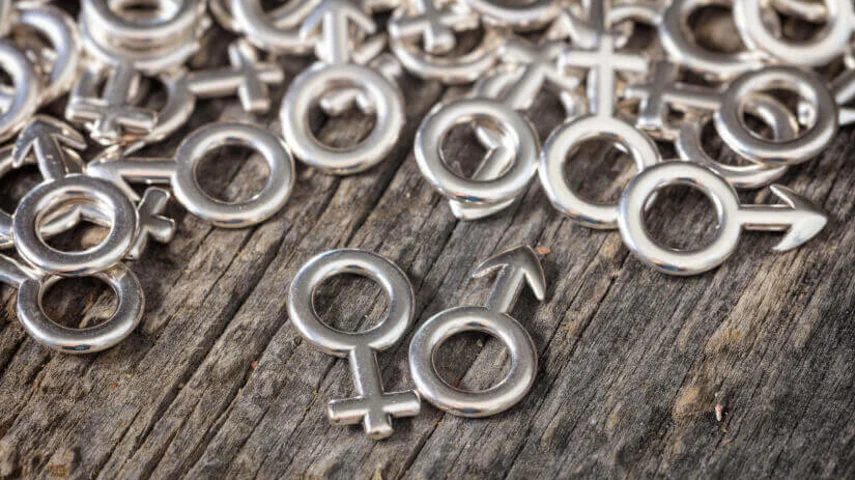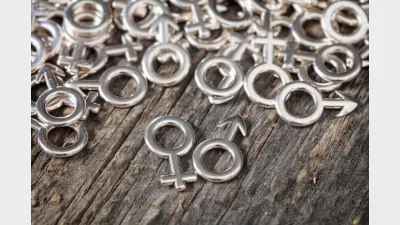Financy Women’s Index slips in December quarter



A slowing Australian economy has weakened women’s financial progress in 2022, with the annual Financy Women’s Index score finishing the calendar year in negative territory for the first time in a decade.
The index slipped by 0.1 points to 76.2 points out of 100 in the December quarter 2022, attributed to weakness in the jobs market amid higher interest rates.
“While the decline is marginal, even the smallest backward step on this journey is a large policy failure,” observed independent economist Nicki Hutley.
“The fact that women didn't benefit as much as men during 2022 from the economic stimulus from COVID, is an indictment of those specific policies as well as broader policies aimed at gender equality.”
Annick Donat, chief executive, Clime Investment Management agreed: "Equity and equality need to be symbiotic if we are serious about the advancement of women.
“We need equitable financial resources and outcomes to support economic equality for women. One without the other slows progress and diminishes the seriousness of the situation.”
Bianca Hartge-Hazelman, chief executive of Financy, also noted women’s financial progress “struggled to gain real momentum” in the last 12 months, with some notable setbacks in some timeframes to achieve equality in Australia.
Per the latest index, it would take 24 years to close the gender pay gap (up from 22 years in 2021) and 18 years to meet underemployment (up from 15 years in 2021).
Education and expected earnings continued to stand at 139 years.
Hartge-Hazelman stated, “Analysis of the Financy Women’s Index score over time implies that as a nation, we need to do more to support Australian women moving forward, in particular given the current economic climate and rising inflation.
“As we look to 2023, the economic outlook is concerning, particularly for women, who as a result of earning less on average, are more likely to experience greater cost of living pressures.”
However, there were some areas where the index also showed improvements towards equality, such as employment (28 years, down 30 years in 2021), superannuation (19 years, down from 33 years in FY18) and board leadership (6 years, down from 6.5 years in 2021).
“The good news is that progress towards gender financial equality continues to be made in areas like board representation, the gender pay gap and unpaid work,” said AMP Capital chief economist Dr Shane Oliver.
“The pandemic appears to have accelerated behavioural change on the part of men in terms of contributing to family and home related unpaid work, which is critical to freeing up women to pursue career related endeavours.
“The backsliding in the FWX Women’s Index through 2022 is disappointing particularly as it comes after years of a rising trend.
“Hopefully it’s just a temporary setback associated with economic dislocation. But it’s a frustrating development as it came in key areas around employment.”
Last month, the Workplace Gender Equality Agency (WGEA) had shared the new national gender pay gap, which stood at 13.3% and was the lowest on record.
Recommended for you
Net cash flow on AMP’s platforms saw a substantial jump in the last quarter to $740 million, while its new digital advice offering boosted flows to superannuation and investment.
Insignia Financial has provided an update on the status of its private equity bidders as an initial six-week due diligence period comes to an end.
A judge has detailed how individuals lent as much as $1.1 million each to former financial adviser Anthony Del Vecchio, only learning when they contacted his employer that nothing had ever been invested.
Having rejected the possibility of an IPO, Mason Stevens’ CEO details why the wealth platform went down the PE route and how it intends to accelerate its growth ambitions in financial advice.
















Who comes up with this stuff. Women in Syria, even Russia must just laugh at the whining of western women. I get it helps to have some $, and to be fair, womens topics in the west , have been hijacked by feminists who want money and power- probably because they have more male attributes then female.